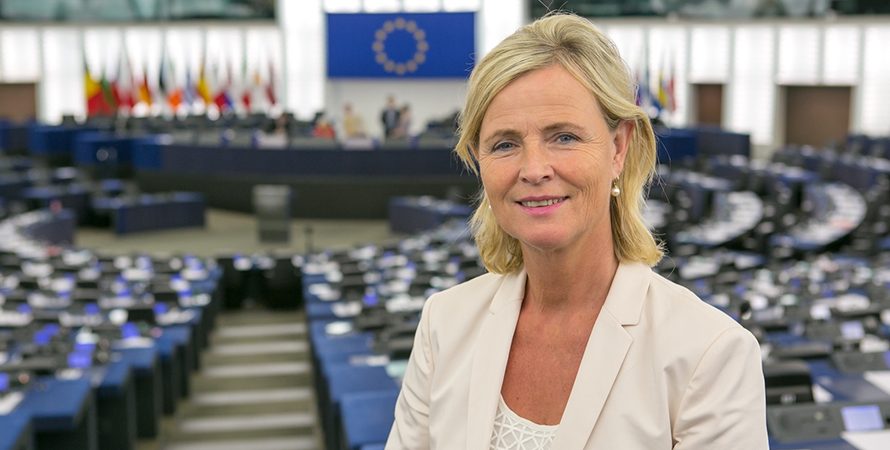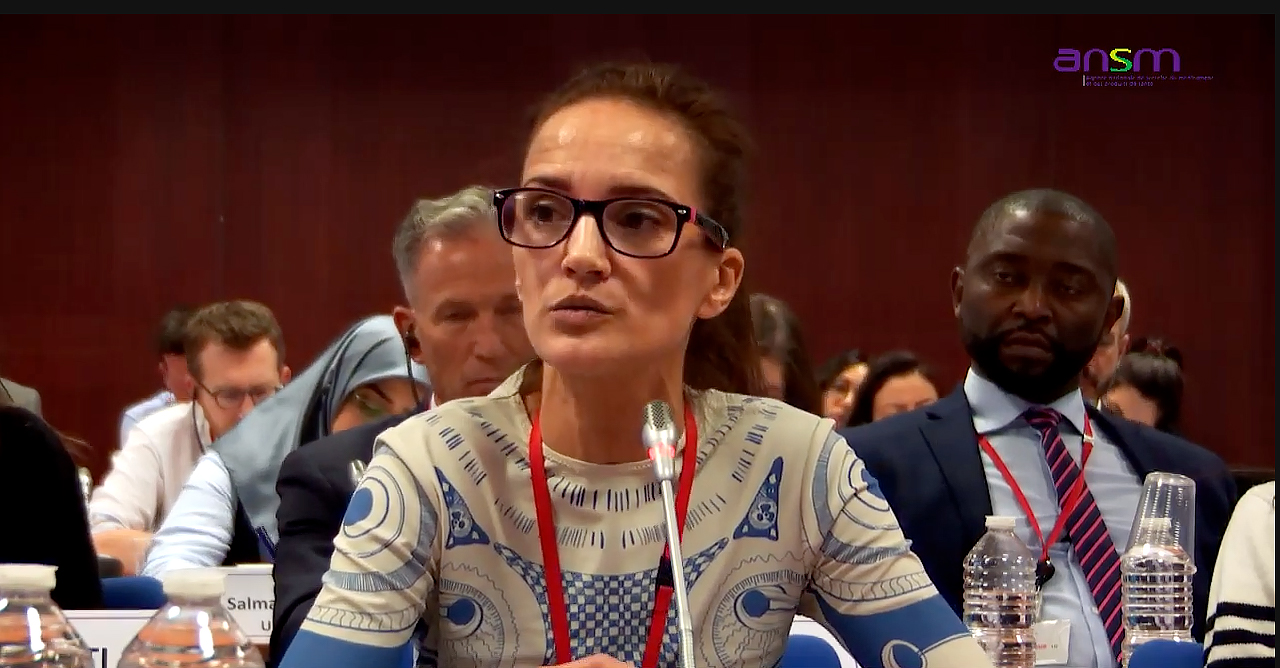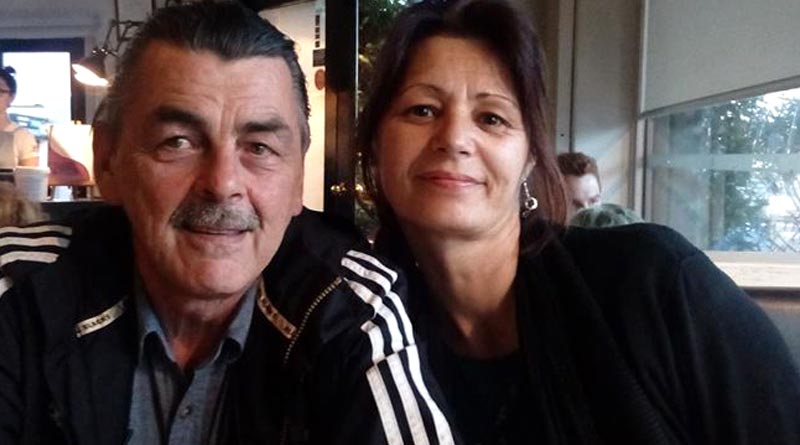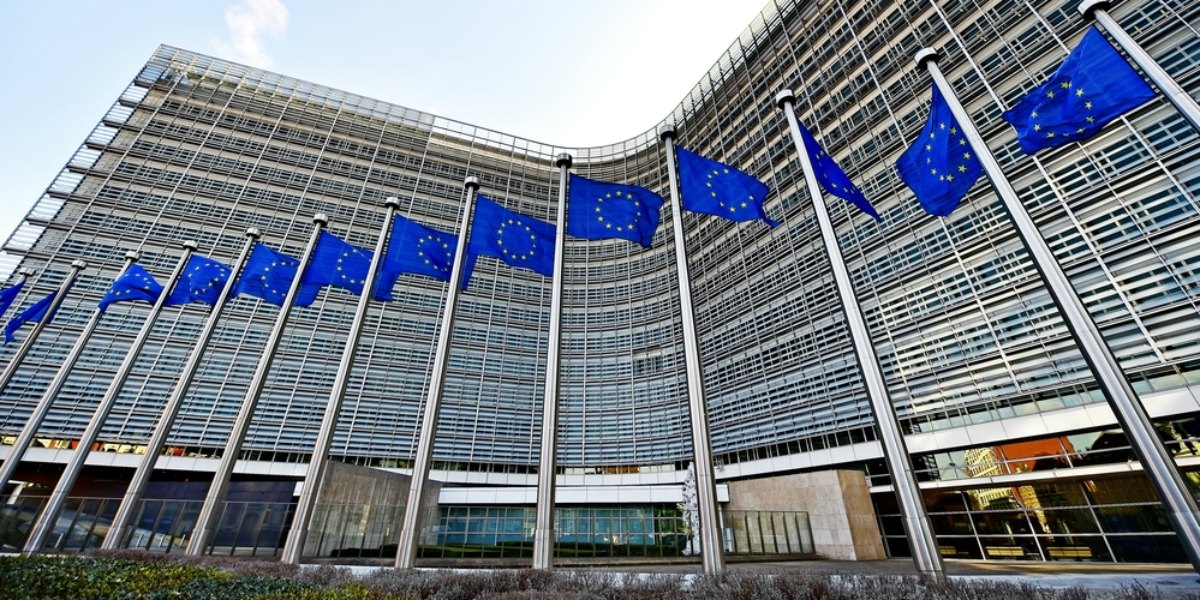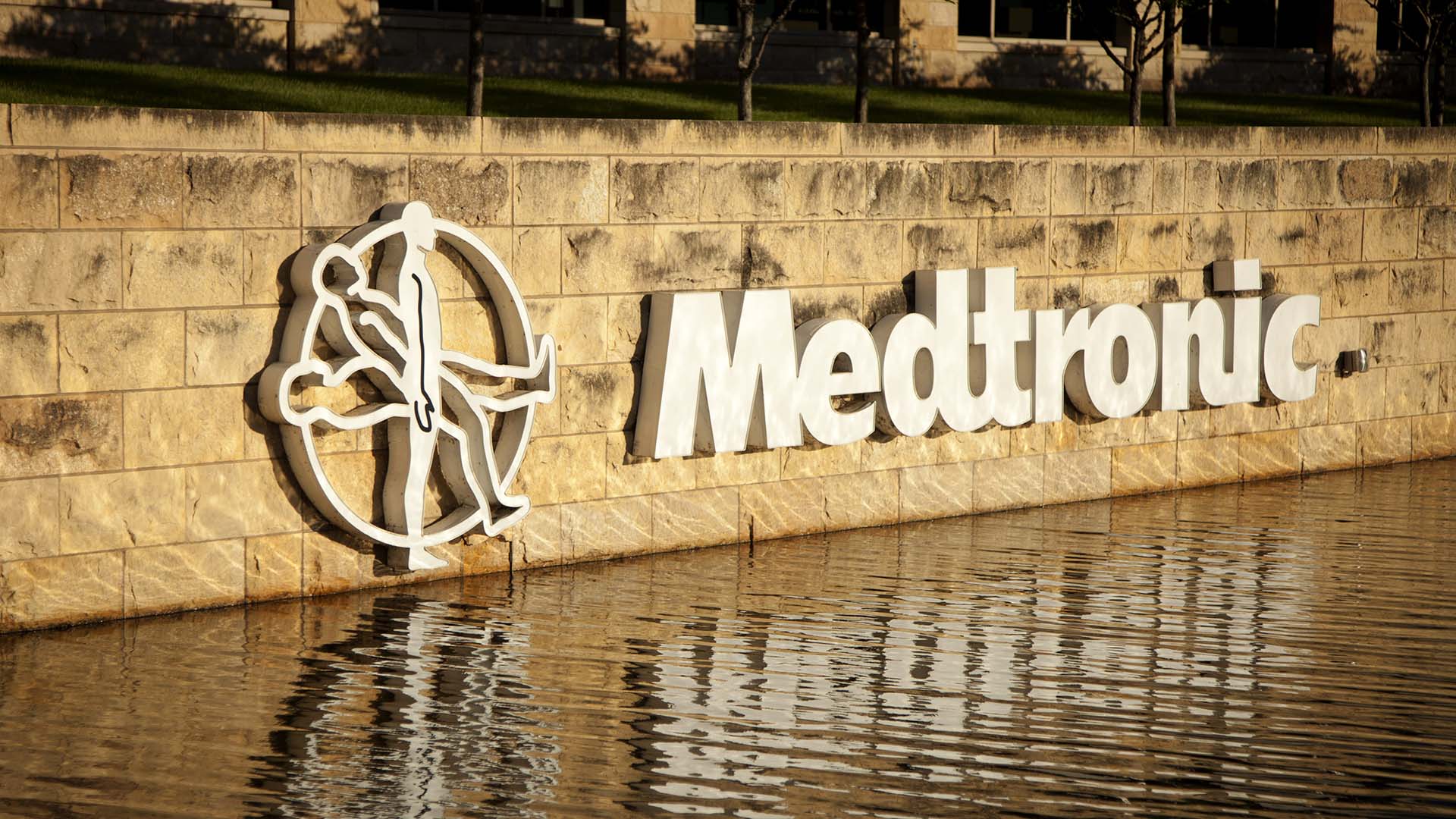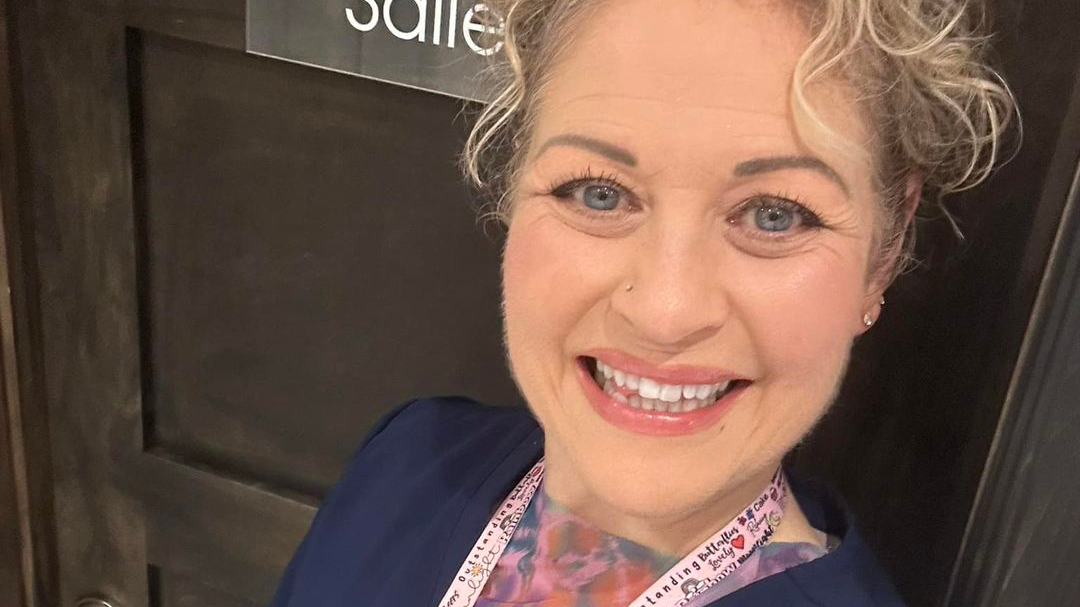Europe should force medical equipment companies to set up a fund to help victims of faulty devices as part of a complete overhaul of legislation governing the industry, a European parliamentary committee heard Wednesday.
A Dutch Member of the European Parliament (MEP) Annie Schreijer-Pierik proposed the initiative during a wide-ranging address in which she said patients were deliberately being kept in the dark about the potential risks involved in medical device implantation and subsequent failures by the absence of available public data.
“You can say it’s not such a big problem, but if it affects you, it is a big problem no matter what you say,” she observed.
Schreijer-Pierik also called on Europe to follow the example set by Germany and the Netherlands in setting up a register of implants.
Her comments followed a presentation by Simon Bowers, European partnership coordinator and senior reporter with the International Consortium of International Journalists, who had been invited to represent the work of more than 100 European journalists to the European parliament’s environment committee (ENVI) in Brussels.
Bowers worked extensively on the Implant Files, a global collaboration that detailed poor regulatory regimes worldwide governing such devices, in collaboration with reporters from 16 European countries.
Citing “light touch regulation,” Bowers detailed some of the horrific consequences endured by victims of medical device failures, emphasizing that time would not allow him to catalog the many problems patients had gone through as a result of faulty equipment.
“We found a pattern of poorly-tested devices that were launched in Europe. This is not a revelation in the industry. Europe is a ‘go-to’ place” to try out novel devices, he said.
However, Serge Bernasconi, Chief Executive Officer of MedTech Europe, the main lobbying group for diagnostics and medical devices manufacturers operating in Europe, told the committee that there had been constant improvements in the tracking of devices and that the industry supported proposed changes to the law due to come in next year. But he added that It was important to remember that devices had saved countless lives.
One French MEP, Françoise Grossetete, suggested that the problems in the industry had been “exaggerated” by journalists who “should be more careful,” but this only appeared to enrage the parliamentary colleagues who spoke after her.
French MEP Michèle Rivasi said information that certifying bodies had licensed products without even seeing them in some cases had left her “speechless.”
Device manufacturers pay private companies, known as notified bodies, to certify that high- and medium-risk devices meet European safety standards. “If most of these certifying bodies are private bodies, what kind of system is this?” she asked.
“The more EU certificates they give out the more money they get; so how can we call these independent bodies?”
